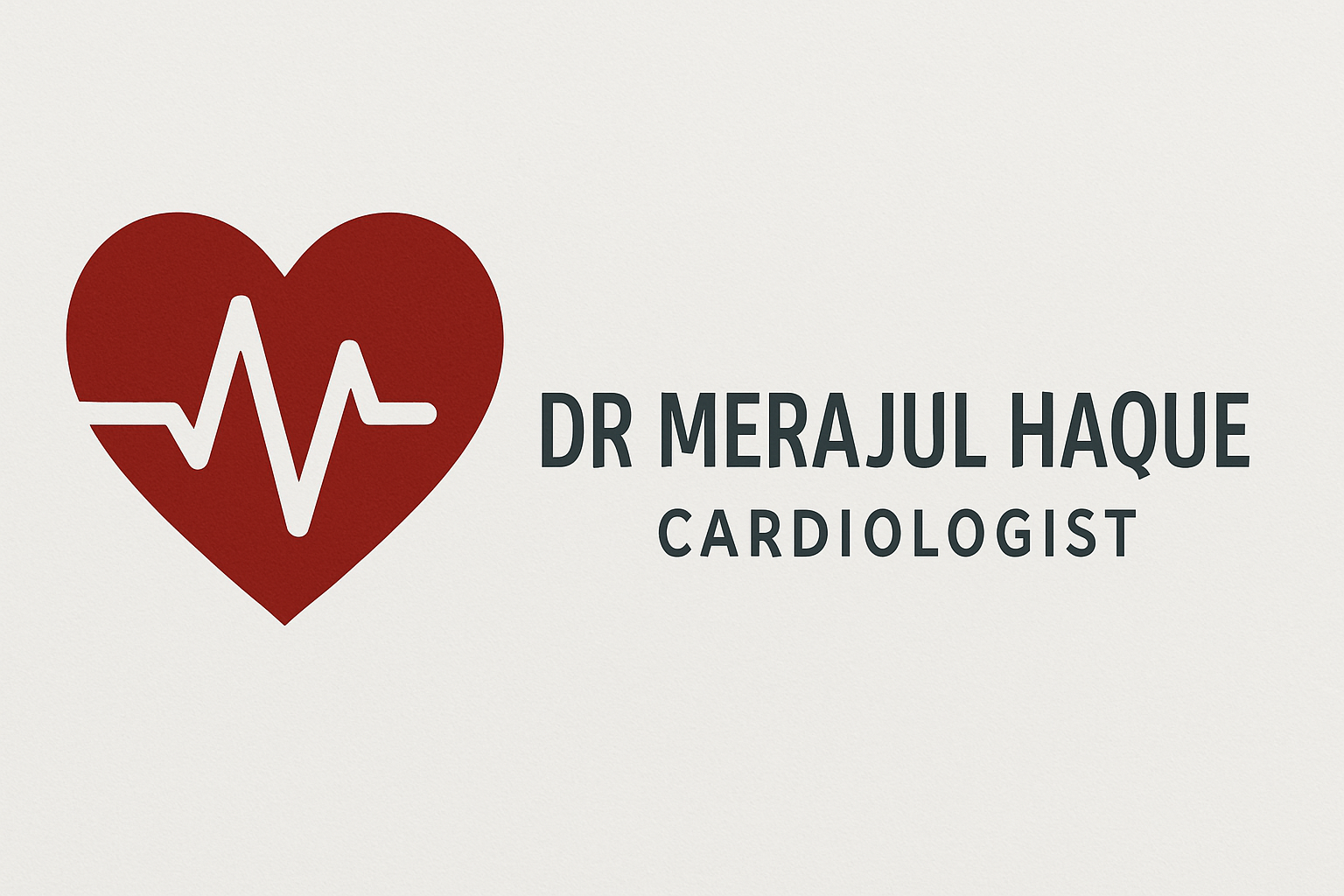Arrhythmia (irregular heartbeat) care
-
Treatment for arrhythmia begins with identifying the type and cause through tests like ECG, Holter monitoring, or electrophysiological studies to determine the best management approach.
-
Medications such as beta-blockers, calcium channel blockers, or antiarrhythmic drugs may be prescribed to control heart rate, correct rhythm, or prevent episodes of irregular heartbeat.
-
In some cases, procedures like cardioversion (electrical shock to reset rhythm) or catheter ablation (destroying the faulty heart tissue causing irregular signals) are performed to restore a normal heartbeat.
-
Treatment for arrhythmia begins with identifying the type and cause through tests like ECG, Holter monitoring, or electrophysiological studies to determine the best management approach.
-
Medications such as beta-blockers, calcium channel blockers, or antiarrhythmic drugs may be prescribed to control heart rate, correct rhythm, or prevent episodes of irregular heartbeat.
-
In some cases, procedures like cardioversion (electrical shock to reset rhythm) or catheter ablation (destroying the faulty heart tissue causing irregular signals) are performed to restore a normal heartbeat.
Get in touch
Schedule an appointment
Call Us
9219765171


